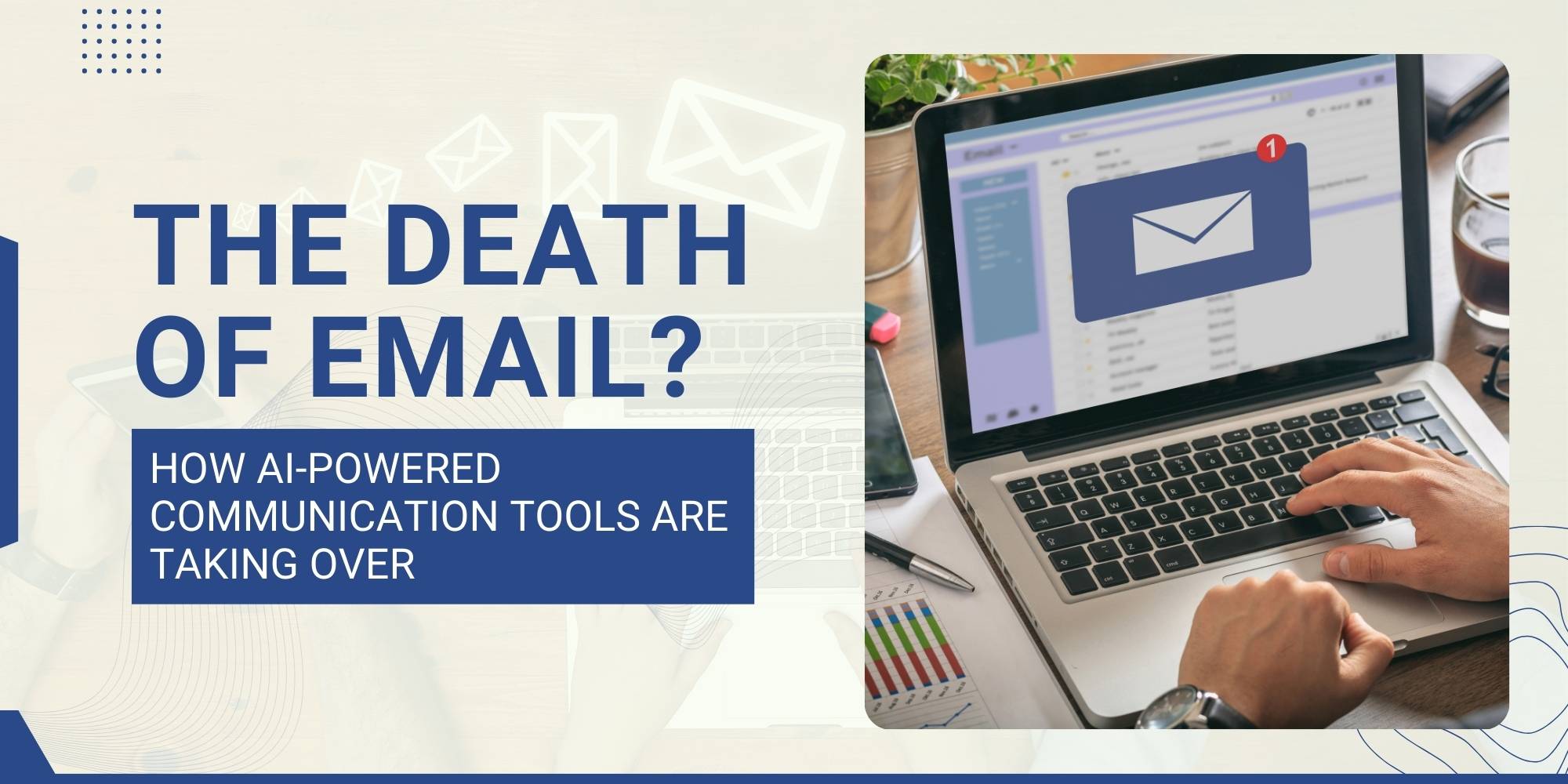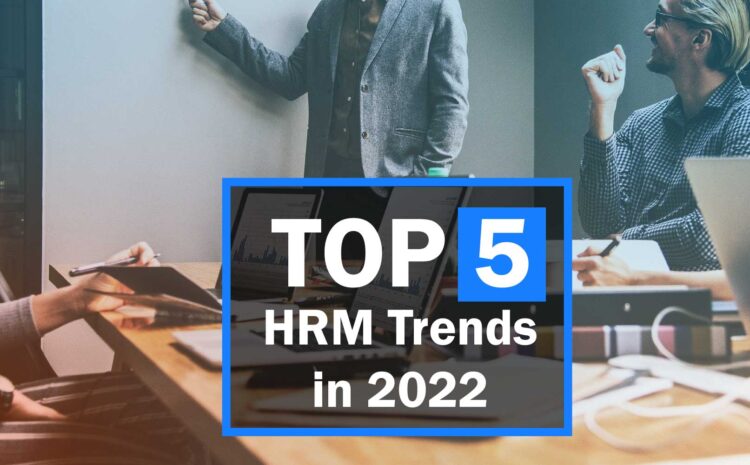Welcome back, everyone! Grab your favorite drink as we explore whether AI-powered communication tools are making email obsolete. With smart automation, real-time collaboration, and AI-driven chat, businesses are shifting away from traditional email. But is email truly dying, or just evolving? Let’s dive into the impact of AI on workplace communication.
Short on time? Don’t worry—there’s a quick summary at the end!
For decades, email has been the backbone of workplace communication. It revolutionized how businesses and individuals connect, replacing fax machines and traditional mail with instant, digital messaging. But in today’s fast-paced, AI-driven world, is email losing its relevance?
With the rise of AI-powered communication tools, businesses are shifting toward smarter, more efficient ways to collaborate. From automated chatbots to real-time messaging platforms, AI is transforming how we communicate. Could this mean the end of email as we know it? Let’s explore how AI-powered tools—especially solutions from Zoho and Salesforce—are reshaping business communication.
The Problem with Email
Despite its long-standing dominance, email has several limitations that make it inefficient in today’s digital landscape.
- Overload and Clutter: Workers receive hundreds of emails daily, leading to missed messages and wasted time.
- Slow Response Times: Email lacks real-time communication, often causing delays in decision-making.
- Lack of Automation: Sorting, responding, and managing emails require manual effort, reducing productivity.
- Security Risks: Email is a common target for phishing attacks and data breaches.
As businesses demand faster, smarter communication, AI-driven tools are stepping in to fill the gaps.
How AI-Powered Tools Are Replacing Email
AI-powered chatbots and Virtual Assistants
AI-driven assistants like ChatGPT, Google’s Gemini, and Microsoft Copilot are revolutionizing communication. These tools can:
- Automatically respond to queries, reducing email traffic.
- Summarize long email threads into concise takeaways.
- Schedule meetings and send reminders without human intervention.
How Zoho and Salesforce Help:
- Zoho SalesIQ provides AI-powered chatbots that engage customers in real-time, reducing the need for long email exchanges.
- Salesforce Einstein AI offers intelligent automation, enabling businesses to respond to customer inquiries instantly.
Real-Time Collaboration Platforms
Platforms like Slack, Microsoft Teams, and Discord offer instant messaging, video calls, and file sharing—all in one place. Unlike email, these tools:
- Enable real-time conversations, reducing response time.
- Organize discussions into channels for better clarity.
- Use AI-powered search and automation to find information quickly.
How Zoho and Salesforce Help:
- Zoho Cliq is a business messaging tool that enables teams to collaborate in real-time, eliminating the need for excessive emails.
- Salesforce Chatter allows internal teams to communicate seamlessly, share updates, and collaborate without relying on email chains.
AI-enhanced voice and Video Communication
AI-powered transcription and meeting assistants, such as Otter.ai, Zoom AI Companion, and Fireflies.ai, are making meetings smarter.
- They transcribe and summarize meetings automatically.
- AI can suggest follow-ups, eliminating the need for long email chains.
- Voice assistants can schedule calls and send automatic reminders.
How Zoho and Salesforce Help:
- Zoho Meeting offers AI-driven virtual conferencing with built-in collaboration features.
- Salesforce Service Cloud Voice integrates AI-powered voice communication for better customer interactions.
Smart Email Management with AI
While email is not disappearing overnight, AI is making it more efficient with:
- Automated email sorting, such as Gmail’s Priority Inbox.
- AI-generated responses that suggest replies.
- Spam filtering and fraud detection to enhance security.
How Zoho and Salesforce Help:
- Zoho Mail integrates AI-powered sorting, smart filters, and automated responses.
- Salesforce Inbox helps sales teams manage email efficiently by integrating with CRM data.
Will Email Ever Truly Die?
While AI-powered tools are reducing reliance on email, it is unlikely to completely disappear anytime soon. Many industries still use email for:
- Formal business communication, such as contracts and legal documents.
- Marketing and outreach, including newsletters and cold emails.
- External communication with clients and vendors.
However, its role is evolving, shifting from daily communication to a backup channel for official correspondence.
The Future of AI-Driven Communication
As AI advances, we can expect:
- More automation, where AI handles scheduling, customer support, and workflow management.
- Better security, with AI detecting fraud and cyber threats more efficiently.
- Increased voice and video communication, where AI-driven assistants replace written messages with voice-controlled interactions.
The future is not about completely replacing email but integrating AI-driven tools that make communication faster, smarter, and more efficient.
Email is not dead, but it’s no longer the dominant force it was. AI-powered tools from Zoho and Salesforce are reshaping business communication, offering faster, smarter, and more interactive alternatives. While email will still have a place in business, the future belongs to AI-driven messaging, automation, and real-time collaboration.
Tl:DR: AI-powered tools like Zoho Cliq and Salesforce Slack are streamlining communication, and reducing reliance on email. While email remains useful, AI-driven chat and automation are making business interactions faster and more efficient. The future is a hybrid approach.
Are you ready for the shift?
Hope you enjoyed this post! While you’re here, why not check out a few of our other pieces? We have several blog posts on HR, Cloud Technologies, Salesforce CRM, AI, Salesforce CPQ, Zoho, Bitcoin, Cybersecurity, AWS, and many other topics we just know you’ll love. Browse the topics here!




